TSSM'S BHIVARABAI SAWANT COLLEGE OF ENGINEERING AND RESEARCH
S No 12-1-2 and 12-2-2 Narhe, Taluka- Haveli, Near Sanas Crane, Pune-Bangalore Highway, Pune, Maharashtra 411041
Approved By AICTE and Affiliated To Savitribai Phule Pune University
Facilitation Center - 6649
ACCREDITED BY NAAC WITH "A" GRADE
Computer Engineering
Computer Engineering Department is one of the most dynamic departments. Main goal of this department is to provide students best education as well as improve skills and leadership qualities though best teaching learning methods.Computer department is having highly qualified, dynamic and experienced faculty. It has well equipped ultra modern laboratories with latest configuration machines& licensed software. It provides exposure to current technologies such as Hadoop,Big Data, Cloud & special hands-on Open Source Software’s through Workshops & Seminars.
It also provides exposure through professional body such as CSI (ComputerSociety of India Student Branch) for students. It conducts extracurricular activities such as Aptitude Test, Communication Skill sessions to prepare for training & placement. Most of the faculties are pursuing their Ph. Dfrom different universities. Staff members have published technical papers in various national and international conferences/ journals and also attended workshops to improve technical expertise.
Vision
To be a center of excellence in Computer Engineering education to meet global challenges.
Mission
Program Educational Objectives (PEO)
- PEO1. To prepare globally competent graduates with strong fundamentals and domain knowledge, updated with modern technology, to provide effective solutions for engineering problems.
- PEO2. To prepare the graduates to work as committed professionals with strong professional ethics and values, a sense of responsibility, and an understanding of legal, safety, health, societal, cultural, and environmental issues.
- PEO3. To prepare committed and motivated graduates with a research attitude, lifelong learning, an investigative approach, and multidisciplinary thinking.
- PEO4. To prepare the graduates with strong managerial and communication skills to work effectively as individuals as well as in teams.
Program Specific Objectives (PSO)
- PSO1:Professional Skills: The ability to understand, analyze, and develop computer programs in areas related to algorithms, system software, multimedia, web design, big data analytics, and networking for efficient design of computer-based systems of varying.
- PSO2: Problem-Solving Skills: The ability to apply standard practices and strategies in software project development using open-ended programming environments to deliver a quality product for business success.
- PSO3: Successful Career and Entrepreneurship: The ability to employ modern computer languages, environments, and platforms in creating innovative career paths to be an entrepreneur and a zest for higher studies.
Program Outcomes (PO)
- PO1. Engineering knowledge: Apply the knowledge of mathematics, science, engineering fundamentals, and an engineering specialization to the solution of complex engineering problems.
- PO2. Problem analysis: Identify, formulate, research literature, and analyze complex engineering problems, reaching substantiated conclusions using the first principles of mathematics, natural sciences, and engineering sciences.
- PO3. Design and development of solutions: Design solutions for complex engineering problems and design system components or processes that meet the specified needs with appropriate consideration for public health and safety and cultural, societal, and environmental considerations.
- PO4. Conduct investigations of complex problems. Use research-based knowledge and research methods, including the design of experiments, the analysis and interpretation of data, and the synthesis of the information, to provide valid conclusions.
- PO5. Modern tool usage: Create, select, and apply appropriate techniques, resources, and modern engineering and IT tools, including prediction and modeling, to complex engineering activities with an understanding of the limitations.
- PO6. The engineer and society: Apply reasoning informed by contextual knowledge to assess societal, health, safety, legal, and cultural issues and the consequent responsibilities relevant to professional engineering practice.
- PO7. Environment and sustainability: Understand the impact of professional engineering solutions in societal and environmental contexts and demonstrate the knowledge of and need for sustainable development.
- PO8. Ethics: Apply ethical principles and commit to the professional ethics, responsibilities, and norms of engineering practice.
- PO9. Individual and team work: Function effectively as an individual and as a member or leader in diverse teams and in multidisciplinary settings.
- PO10. Communication: Communicate effectively on complex engineering activities with the engineering community and with society at large, such as being able to comprehend and write effective reports and design documentation, make effective presentations, and give and receive clear instructions.
- PO11. Project management and finance: Demonstrate knowledge and understanding of engineering and management principles and apply these to one’s own work as a member and leader in a team to manage projects and in multidisciplinary environments.
- PO12. Life-long learning: Recognize the need for and have the preparation and ability to engage in independent and lifelong learning in the broadest context of technological change.
Prof. Shubhangi S. Bhagat
Assistant Professor M.E. (Computer Engineering)
pawarashubhangi10@gmail.com
Vision
- To groom engineering graduates towards personal, social and technical development
Mission
- To support students for enhancing their experiences through cultural and social events.
- To facilitate students with additional platform by organizing technical workshops, seminars and expert lectures
Objective
- To advance the education and social development of students of the department
- To represent the interests of its members and act as a channel of communication in dealing with the department, professional bodies and organizations
- To promote, encourage and co-ordinate student clubs, societies, sports and social activities
- To Support and encourage students to explore their multiple identities.



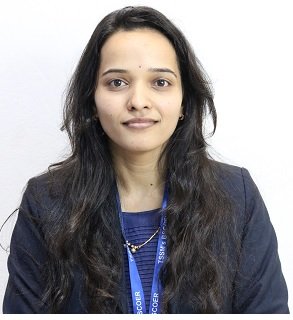

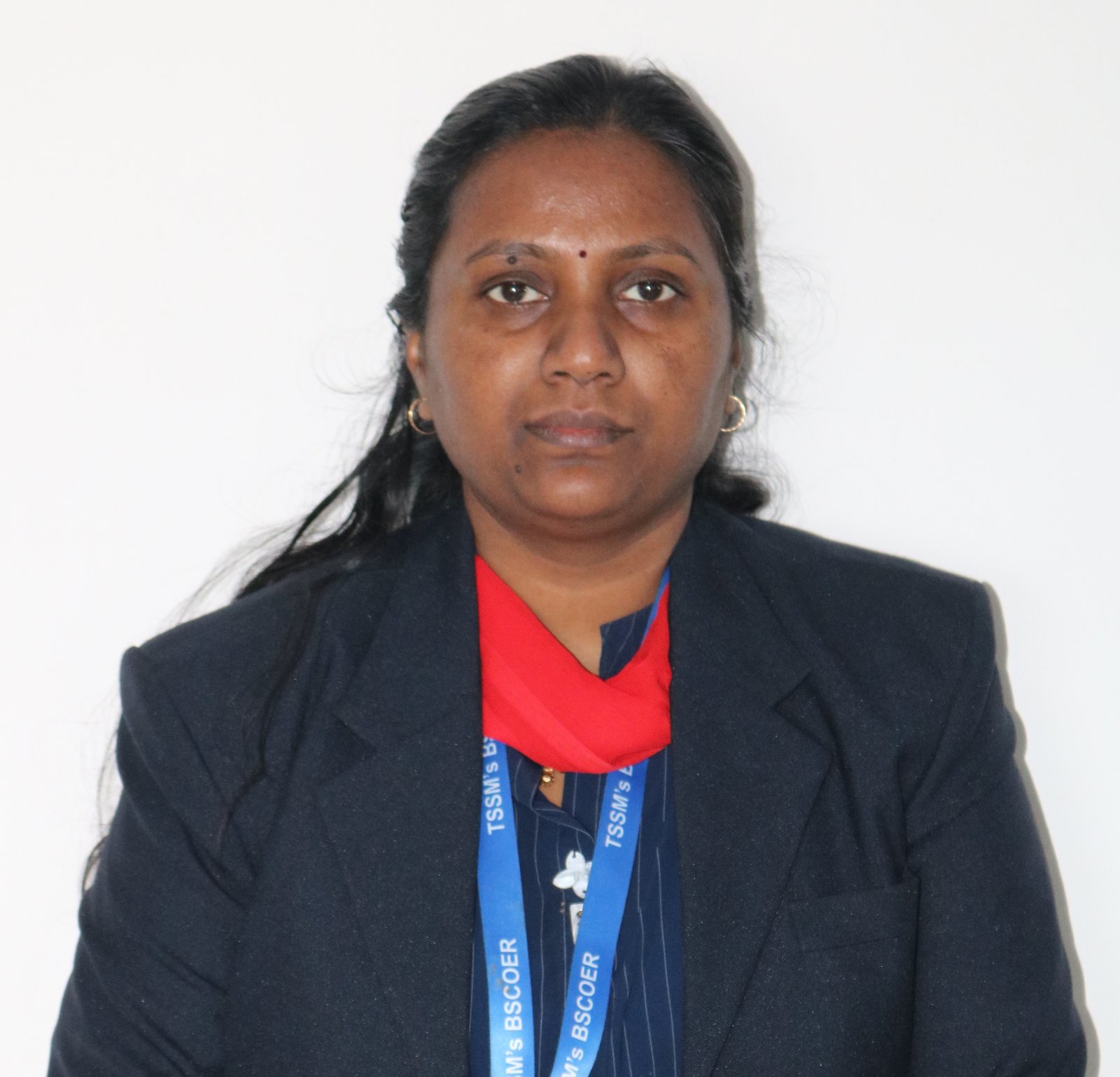
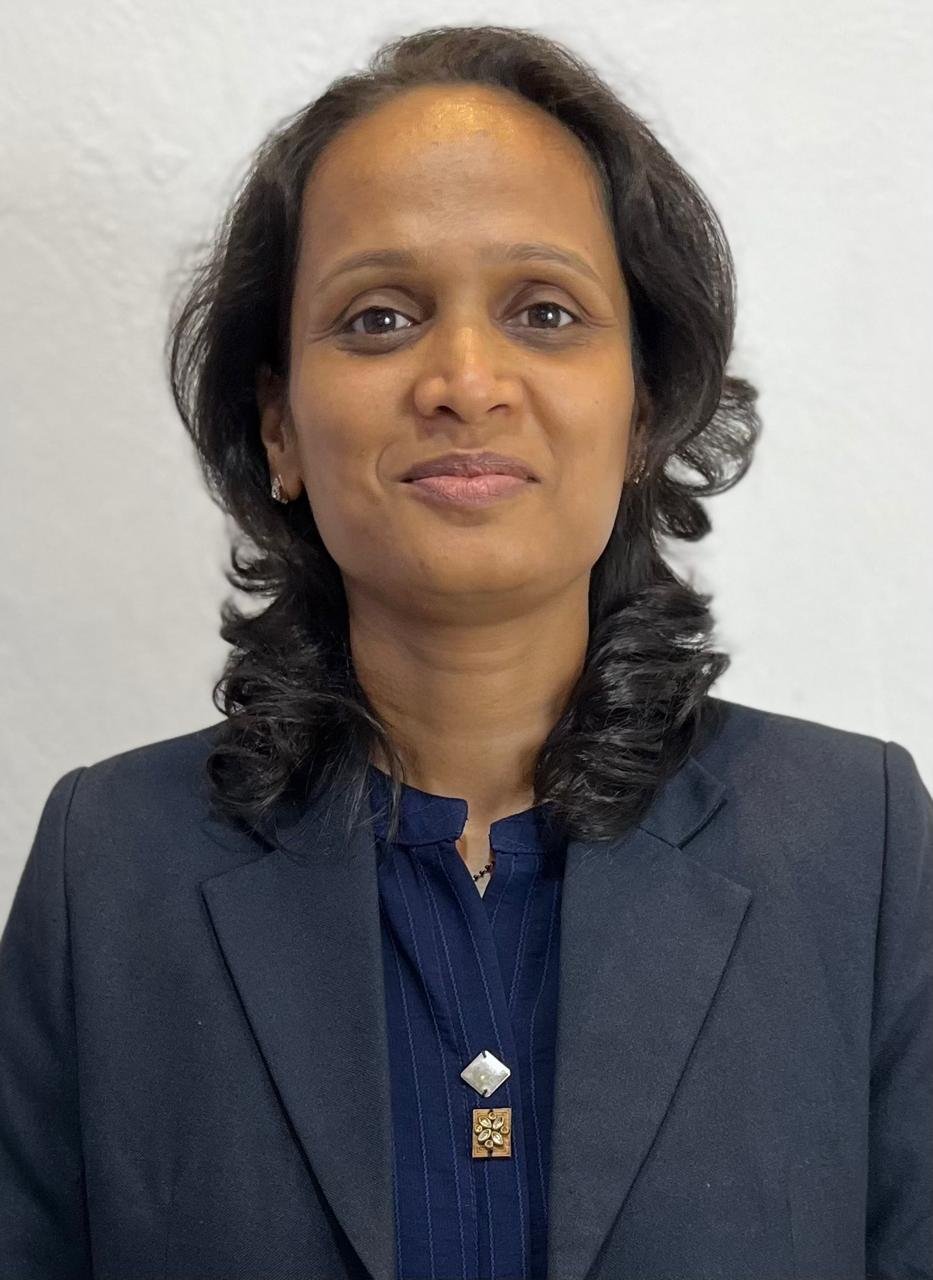
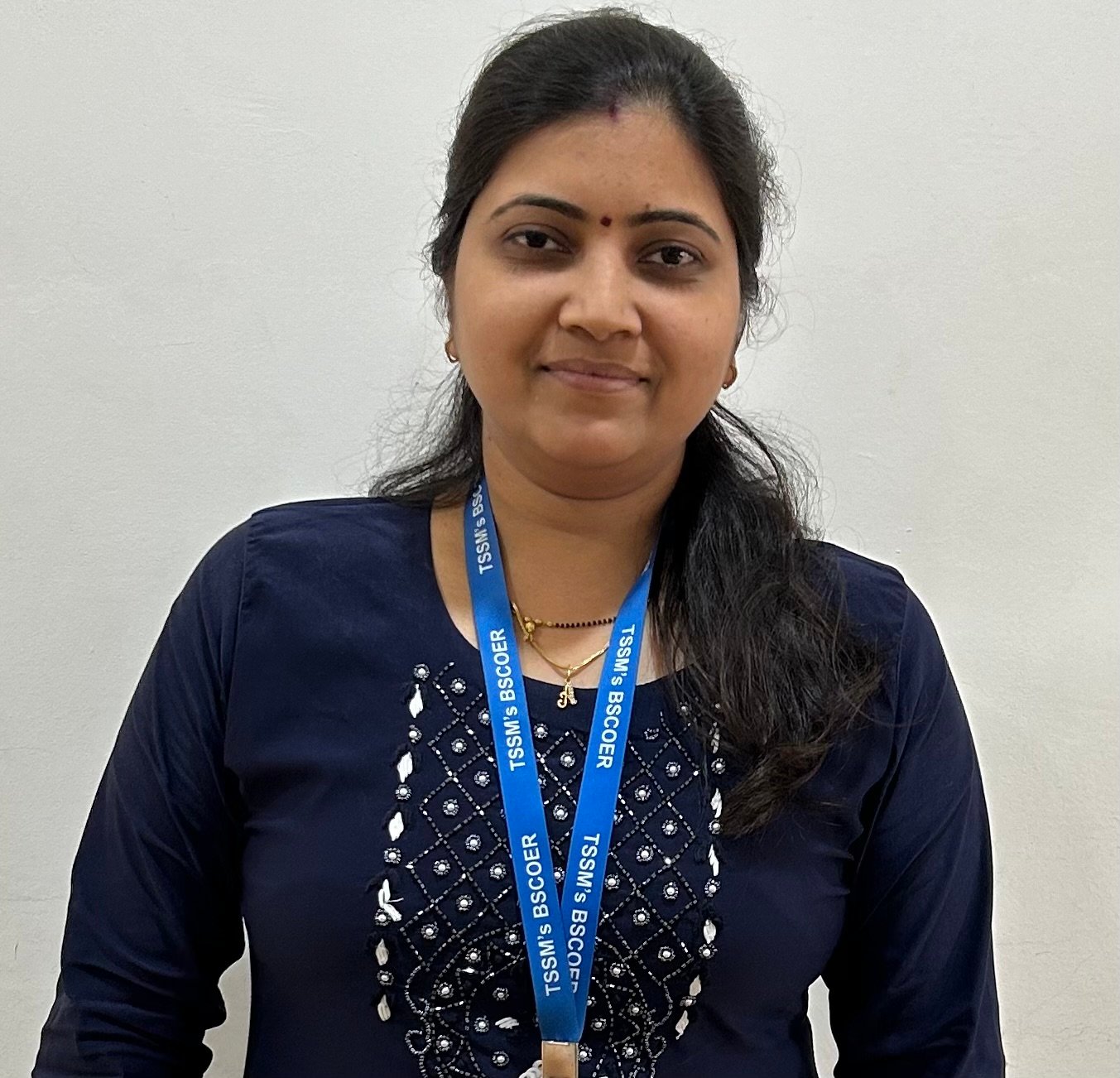
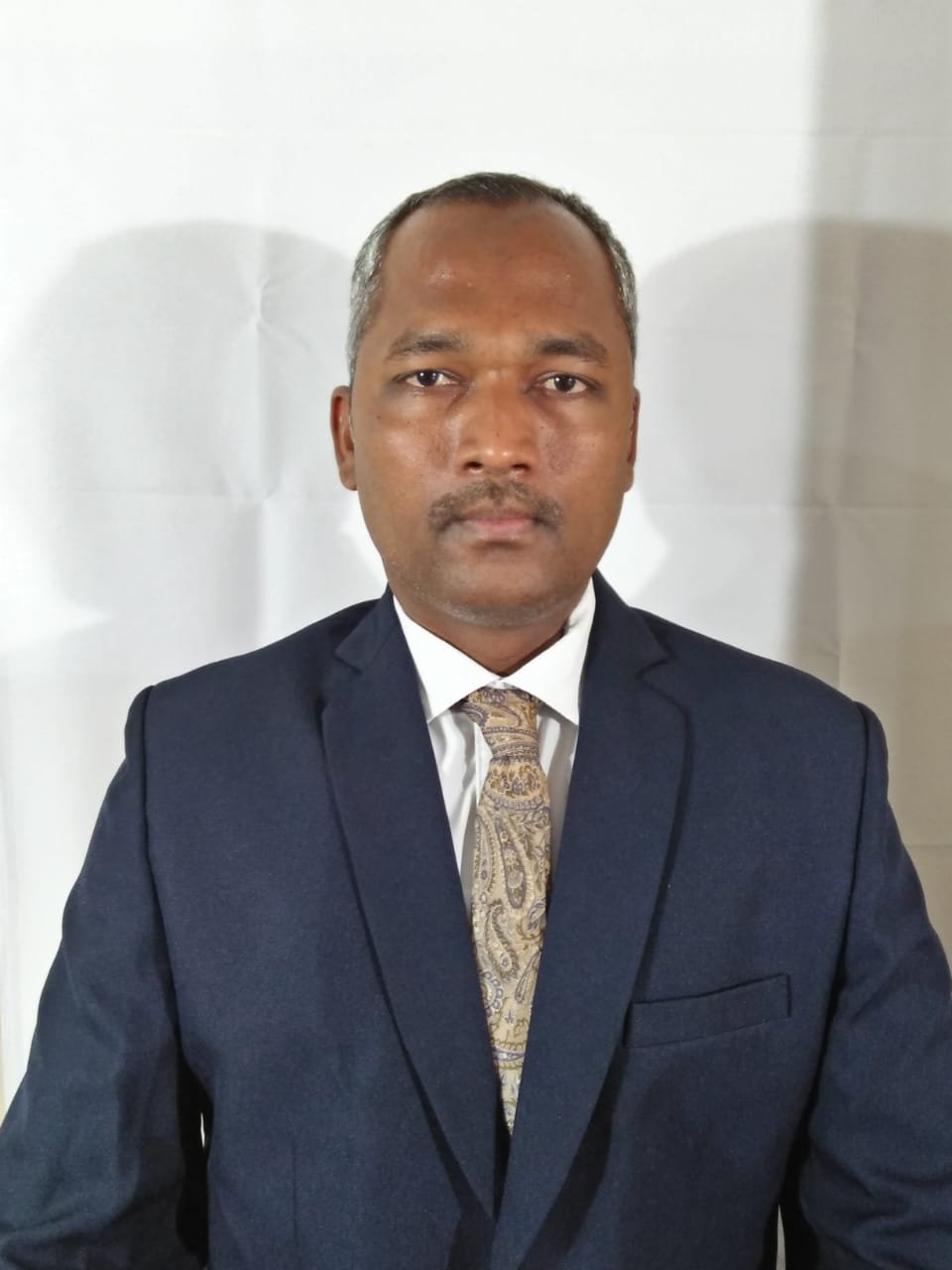
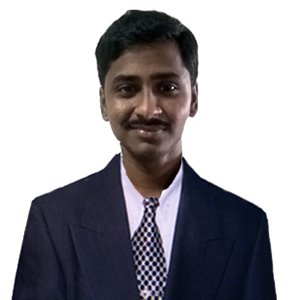
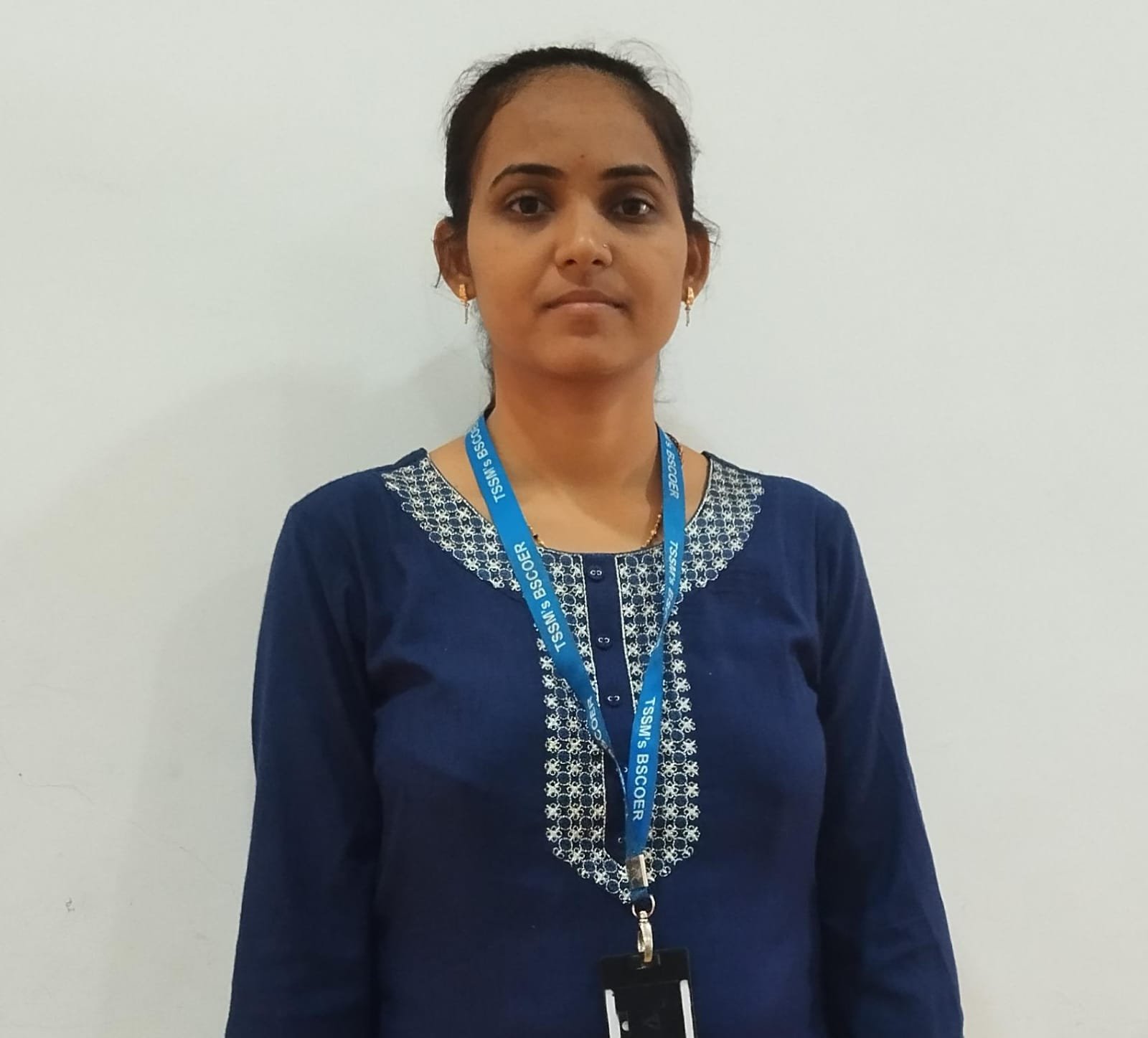
Computer Network Laboratory
Read MoreDatabase Laboratory
Read MoreDigital Electronics and Microprocessor Lab
Read MoreInternet of Things Laboratory
Read More